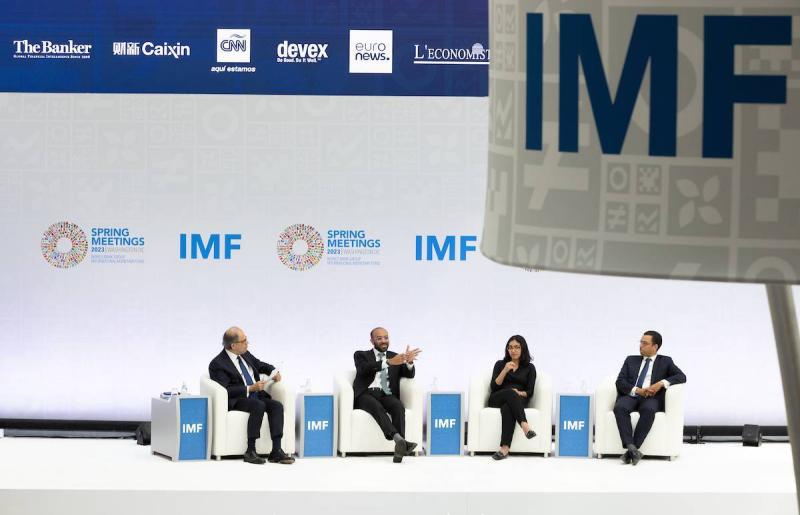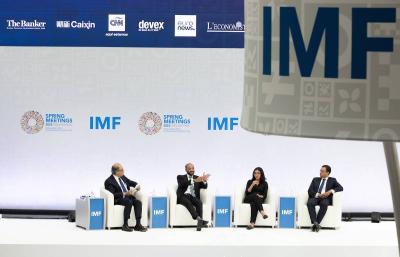Jihad Azour, the Director of the Middle East and Central Asia Department at the International Monetary Fund (IMF), stated that banking sector pressures arose quickly following tighter monetary policies that led to interest rate hikes and reduced financing availability.
However, he noted that the likelihood of banks in the Middle East and Central Asia experiencing the banking disruptions witnessed in the United States and Europe last month is very limited. Still, financial pressures are exacerbated by higher interest rates, volatile oil prices, and ongoing inflation rates in the double digits for years.
In his remarks on Saturday, Azour mentioned a growing gap between countries with good credit that are able to access markets, such as Morocco, Jordan, oil exporters, and others, and those facing problems. He expressed concern over the continuous increase in risks, particularly regarding "high interest rates, volatile oil prices, geopolitical tensions, and the fact that this is the third consecutive year of double-digit inflation."
He indicated that the stability of the financial sector is not the primary concern; rather, it is preceded by fears of high debt levels, the risk of social unrest, and the ability to maintain strict policies due to pressures on social conditions.
Azour added, "We see an increase in vulnerabilities again, which is why we encourage countries to undertake more structural reforms to boost growth by at least one or two percent... They have a window of opportunity as governments are currently willing to do more, rather than just keeping money in central bank vaults."
On Thursday, the IMF projected that GDP growth in the Middle East and North Africa region would slow to 3.1 percent in 2023, down from 5.3 percent a year earlier.




